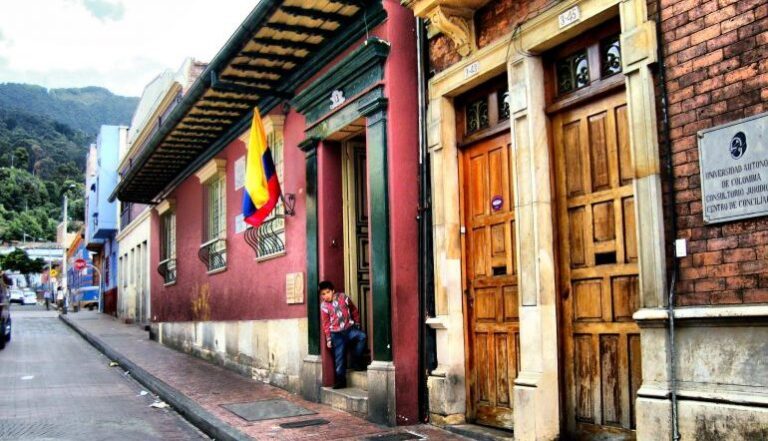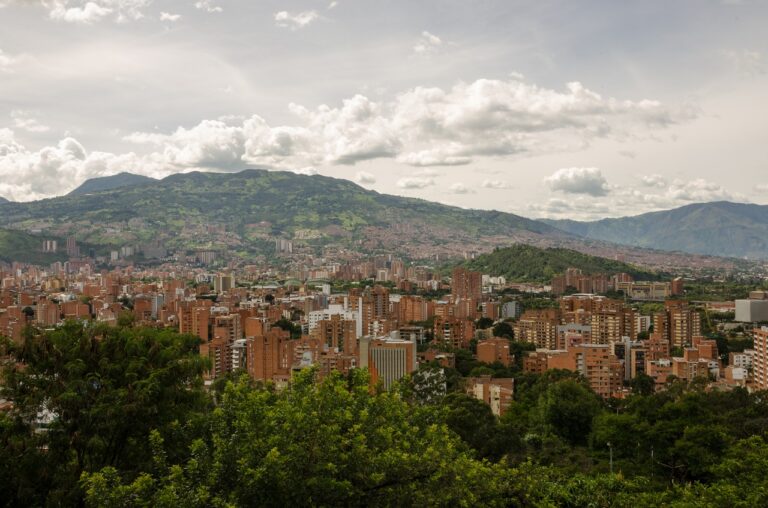Language and Fronteras in Signs Preceding the End of the World
In Yuri Herrera’s 2009 novel, borders can be impenetrable surfaces, and language can open doors that can’t so easily be locked back.

In Yuri Herrera’s 2009 novel, borders can be impenetrable surfaces, and language can open doors that can’t so easily be locked back.

When I read Laymon’s recent memoir, I had a visceral reaction. It reminded me why I started writing. It made me wonder if my writing reaches my peoples and keeps us revising and growing in our stories. If writing protects us from the silence of memories lost.

Living under a dictatorship means watching your homeland, your home, catch fire. You can leave and hope that all your loved ones make it out too, or you can stay and fight, hoping you don’t die from the burns—under a dictatorship, no one gets away.

I read Bryan Washington’s debut short story collection as I helped my family pack up my childhood home in Miami. I had moved to New Orleans over eight years before—close enough to drive back down, but still three states and a world away.

Gabino Iglesias’s recent novel revolves around multiple characters journeying through la frontera, the border between the United States/Mexico. In each of the characters’ stories, however, there are multiple journeys being made, multiple borders being crossed, and as their stories progress, what they’re striving for is less and less clear.

In Patricia Engel’s 2016 novel, a family, having been exiled from Cartagena, Colombia to the United States, is separated from their country by a vast gulf. But the ocean doesn’t just act as a barrier—it is also the scene of the traumatic event that the protagonist’s life revolves around.

Juan Gabriel Vásquez’s third novel is a story about how trauma flashes, like lightning, but then crashes and reverberates throughout one’s life more slowly, like thunder.

Like all exile stories, for Héctor Abad to survive, he has to avenge the tragedy of loss by hanging on to the good, even when it returns him to sadness.

Cuban writer Reinaldo Arenas, in his 1992 memoir, describes himself and other exiles as corpses, or ghosts.
No products in the cart.